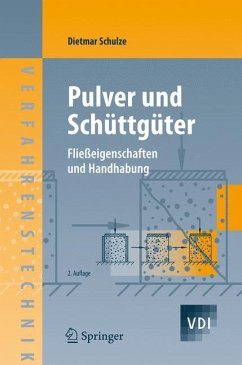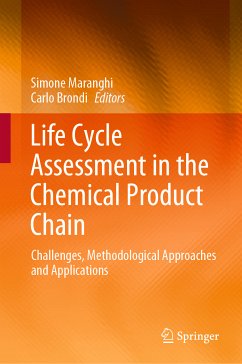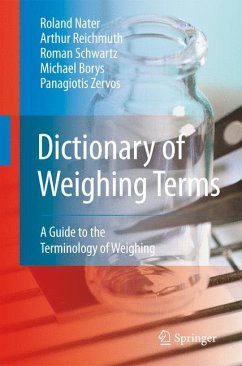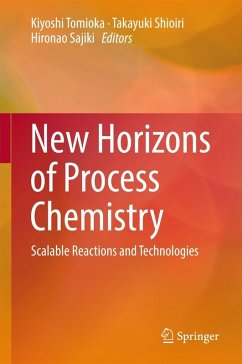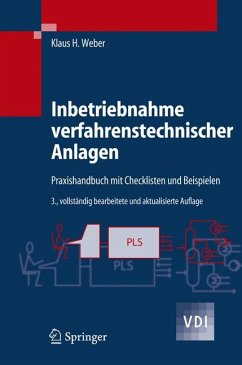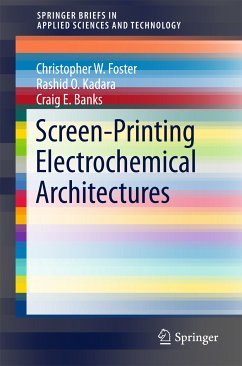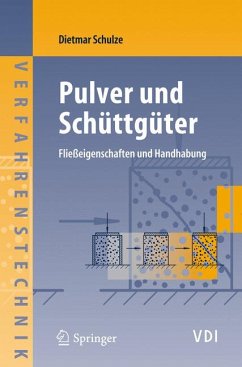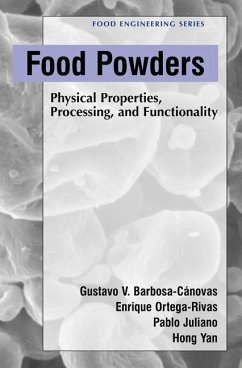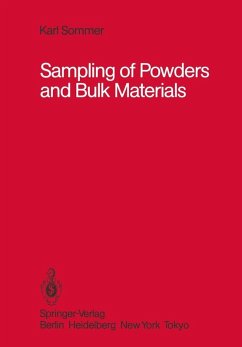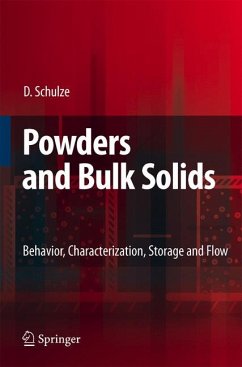
Powders and Bulk Solids (eBook, PDF)
Behavior, Characterization, Storage and Flow
Versandkostenfrei!
Sofort per Download lieferbar
136,95 €
inkl. MwSt.
Weitere Ausgaben:

PAYBACK Punkte
68 °P sammeln!
In the engineering community the handling of powders and bulk solids is called bulk solids technology being, at least in Germany, part of mecha- cal process engineering. Process engineering involves study of the change and transformation of material properties. If mechanical processes are used for this transformation, the engineering discipline is called mechanical process engineering. The best known unit operations of mechanical pr- ess engineering are grinding, agglomeration, mixing, and separation. Due to the mechanical treatment, the particles - either single particles or a c- lection of p...
In the engineering community the handling of powders and bulk solids is called bulk solids technology being, at least in Germany, part of mecha- cal process engineering. Process engineering involves study of the change and transformation of material properties. If mechanical processes are used for this transformation, the engineering discipline is called mechanical process engineering. The best known unit operations of mechanical pr- ess engineering are grinding, agglomeration, mixing, and separation. Due to the mechanical treatment, the particles - either single particles or a c- lection of particles - increase in value. To profit from this value increase industry and academia perform research and development. When handling bulk solids, e. g. storing, dosing and conveying, no value increase can be achieved, because the material properties are not changed. What can be achieved is "at most" the elimination of problems which is less interesting research and development compared to the development of new products or processes with the chance to obtain a patent. A silo for the intermediate storage of bulk solids often seems to be only a single, unimportant element for the realization of a larger process. Bulk solid is filled into the silo continuously or discontinuously and discharged later at predetermined points of time in desired quantities. That is not - ways unproblematic. The known problems of arching and ratholing can lead to irregular discharge or complete blockage.
Dieser Download kann aus rechtlichen Gründen nur mit Rechnungsadresse in A, B, BG, CY, CZ, D, DK, EW, E, FIN, F, GR, HR, H, IRL, I, LT, L, LR, M, NL, PL, P, R, S, SLO, SK ausgeliefert werden.




